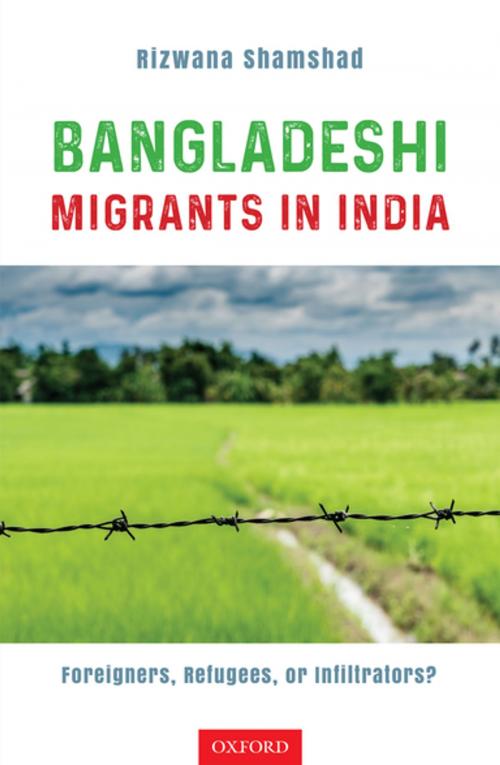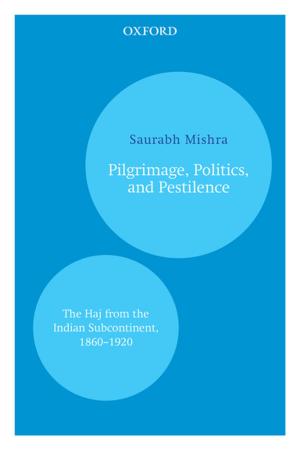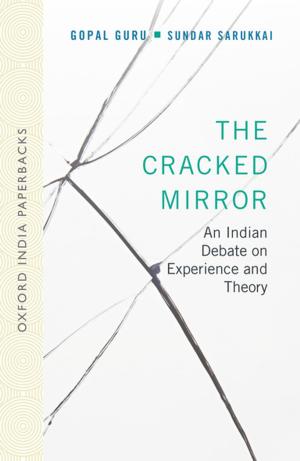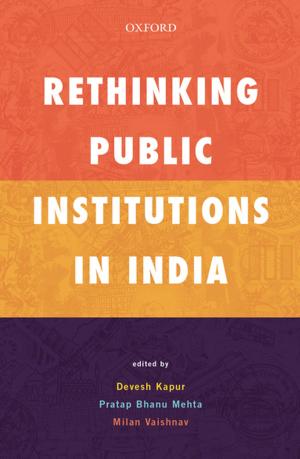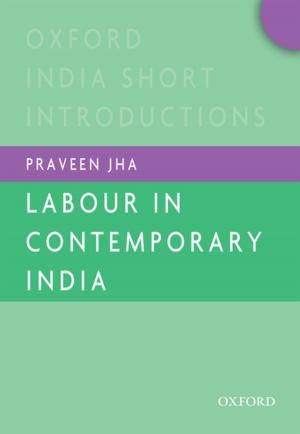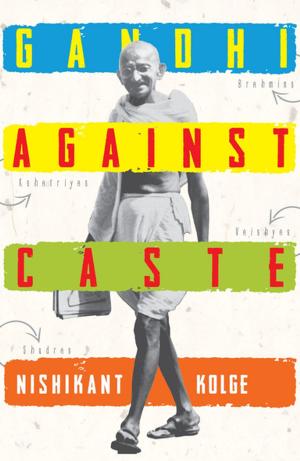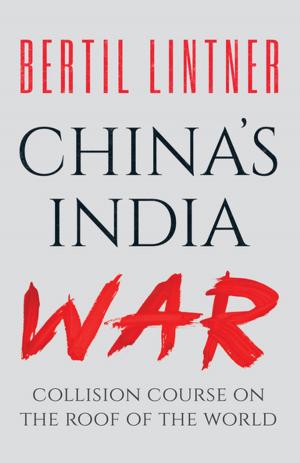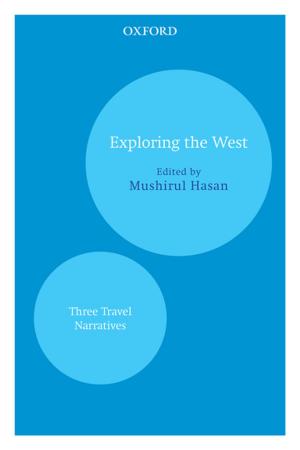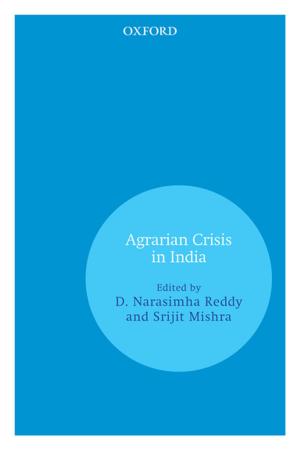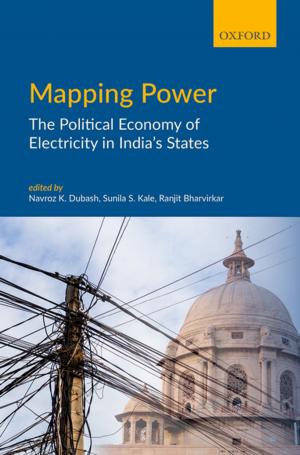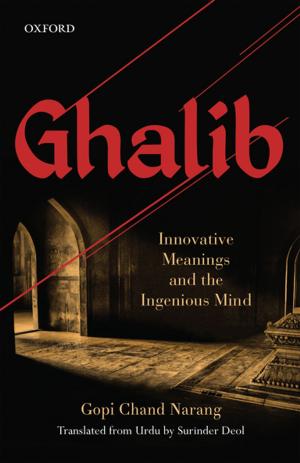Bangladeshi Migrants in India
Foreigners, Refugees, or Infiltrators?
Nonfiction, Social & Cultural Studies, Political Science, Politics, Economic Conditions, History & Theory, International| Author: | Rizwana Shamshad | ISBN: | 9780199091591 |
| Publisher: | OUP India | Publication: | October 3, 2017 |
| Imprint: | OUP India | Language: | English |
| Author: | Rizwana Shamshad |
| ISBN: | 9780199091591 |
| Publisher: | OUP India |
| Publication: | October 3, 2017 |
| Imprint: | OUP India |
| Language: | English |
In January 2011, Felani Khatun was shot dead while attempting to cross the border from India to Bangladesh. Her body remained hung on the fence as a warning to those who illegally crossed an international border. Migration to India from the current geographical and political entity called Bangladesh is more than a century old and had begun long before the nation states were created in South Asia. Often termed as ‘foreigners’ and ‘infiltrators’, Bangladeshi migrants such as Felani find their way into India for the promise of a better future. Post 1971, there has been a steady movement of people from Bangladesh into India, both as refugees and for economic need, making this migration a complex area of inquiry. This book focuses on the contemporary issue of undocumented Bangladeshi migration to the three Indian states of Assam, West Bengal, and Delhi, and how the migrants are perceived in light of the ongoing discourses on the various nationalisms in India. Each state has a unique history and has taken different measures to respond to Bangladeshi migrants present in the state. Based on extensive fieldwork and insightful interviews with influential members from key political parties, civil society organizations, and Hindu and ethnic nationalist bodies in these states, the book explores the place and role of Bangladeshi migrants in relation to the inherent tension of Indian nationalism.
In January 2011, Felani Khatun was shot dead while attempting to cross the border from India to Bangladesh. Her body remained hung on the fence as a warning to those who illegally crossed an international border. Migration to India from the current geographical and political entity called Bangladesh is more than a century old and had begun long before the nation states were created in South Asia. Often termed as ‘foreigners’ and ‘infiltrators’, Bangladeshi migrants such as Felani find their way into India for the promise of a better future. Post 1971, there has been a steady movement of people from Bangladesh into India, both as refugees and for economic need, making this migration a complex area of inquiry. This book focuses on the contemporary issue of undocumented Bangladeshi migration to the three Indian states of Assam, West Bengal, and Delhi, and how the migrants are perceived in light of the ongoing discourses on the various nationalisms in India. Each state has a unique history and has taken different measures to respond to Bangladeshi migrants present in the state. Based on extensive fieldwork and insightful interviews with influential members from key political parties, civil society organizations, and Hindu and ethnic nationalist bodies in these states, the book explores the place and role of Bangladeshi migrants in relation to the inherent tension of Indian nationalism.
